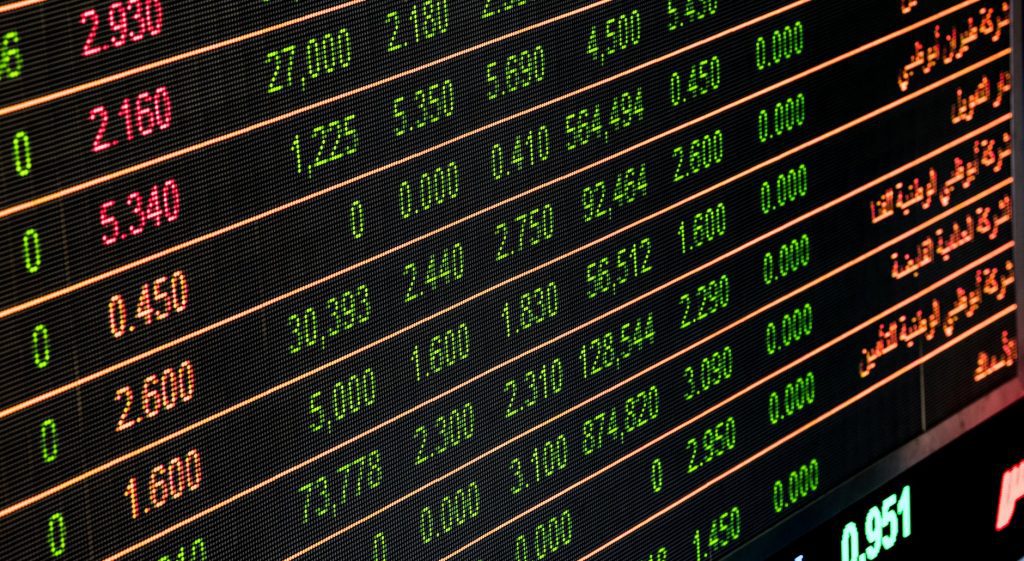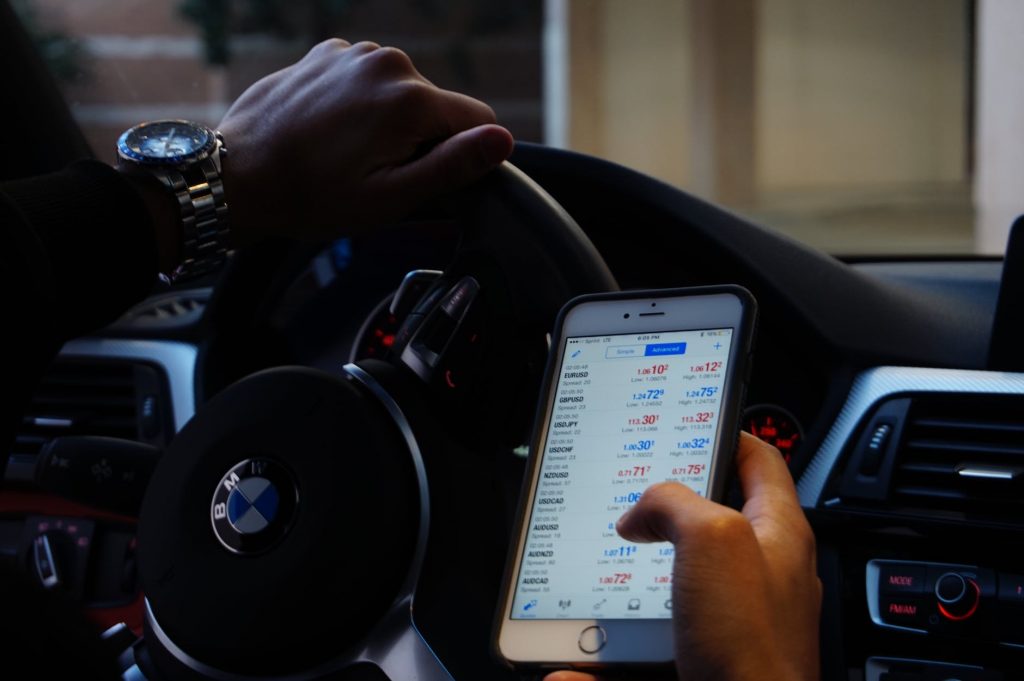Whether it is for those who are simply interested, or for those who wish to make money out of it, the realm of forex trading is not an easy one to familiarize yourself with. That’s what we thought in the beginning, too. But, after researching, we realized that the hardest part was getting the hang of the basics. That’s why we’ve prepared this guide. It’s short and simple, but it will answer all your questions. So, off we go:

What Exactly is Forex Trading?
To know how it works, we’ve got to understand what it is first. The foreign exchange is the global currency market. It’s where anyone could buy or sell a certain currency in exchange for another. But, how do you make money off of it?
A lot of investors, banks and entrepreneurs choose to participate in trading currencies according to demand, supply, and prices. By buying one currency at a low price, then selling it at a higher price, they start accumulating profit. Of course, there are many techniques and strategies to make serious money off of forex trading, but these we will discuss further along in the article.
How to Participate in Trading?
The most common way to trade currency is through web platforms. These are basically webpages, or software, through which you could set up an account, transfer money onto it, and get trading. But, before all that, you must head to a licensed broker first. Through them, you get to manage your trading account, and also use the many services they offer as a firm.
However, keep in mind that in order to trade, you need to collect data and information, which means you’re going to be looking through extensive economic reports, research, and statistics. Luckily, that’s exactly the type of information that you’ll find in abundant supply through your broker. Not to mention, most, if not all, platforms offer price graphs that could help you out a lot.
What to Keep in Mind When Starting?
Two things will, without a doubt, save your life in the cold and harsh world of forex trading: preparation and composure.
The key to becoming a good trader is knowing what you’re getting into. It’s often the case that the new traders who go in with a pocketful of confidence and basic knowledge of the game end up failing miserably. That’s because they neglect monitoring currency trends, building enough knowledge about other international economies, and reading up on trading techniques. Little do they know that before completing even one transaction, you need to be able to predict the most likely outcome, and prepare for the other scenarios.
Now, this is not to freak you out or scare you off. What you should take out of what we’re saying is that preparation is important and that due to the uncertainty you’ll be dealing with, you must, at all times, keep calm. One mistake that has led to the fall of many was emotional trading. It’s easy to get angry enough at a series of bad trades that you throw away all your money trying to gain back your losses.
The Required Skills
Like any other activity, trading depends on skills. It’s not a game of luck despite people treating it that way. Sure, there are high-risk investments and a lot of uncertainties, but at the end of the day, in addition to the points we mentioned above, it comes down to four practical online trading strategies. However, to do the points justice, we will only be focusing on two.
First off, you’ve got to know when to trade and when to hold on to your money. You may see a lot of opportunities arising from everywhere around you, but one thing you have to ask yourself is what are the odds? You may think it’s easy, but you’ll be surprised at how hard it is to pass up a high-paying, high-risk opportunity for a lesser, yet more guaranteed trade.
Second, before you take any risks, compare it to the reward. What are you putting on the line here? Are you risking a thousand bucks to win a million? Or are you risking them for an extra five hundred? As a rule of thumb, make sure your reward is worth more than what you might be losing. And if you lose, make sure you have enough money in your account to be able to get back on your feet. In other words, don’t go all in, stick to small bets.

Key Terms
Base Currency: This is the main currency a trader buys or sells in exchange for a different currency (quote currency). In a currency pair, the base is the currency mentioned first. It’s the USD in USD/GBP.
Quote Currency: In contrast, this is the currency being traded in. So, in a USD/GBP pair, GBP is the quote currency which will be traded in exchange for the base.
Bid Price: It’s the price a trader is willing and able to pay in exchange for the base currency.
Ask Price: As the name suggests, it’s how much a seller is asking for in exchange for the currency they’re offering. And, keep in mind that these prices are constantly updated in real-time as they can change within seconds.
Spread: This is the difference between the ask price and the bid price. Tracking this number could tell you how profitable your trades are, and you could also use it to assess profits and risks.
After carefully reading those points, we believe you’ll be more than ready to get started on your journey as a forex trader. But, before you head-on, we’ve got one piece of advice left to offer. Don’t go in thinking that you can’t fail, that you’re the exception. As with everything in life, failure is always a possibility, and you have to make peace with that so you could actually get somewhere in your trading career. With that being said, we wish you good luck. Trade smart!










